The White House confirmed on Tuesday that a 25 percent tariff on steel and aluminium imports would take effect at midnight Wednesday, with no exemptions. This unilateral move has drawn immediate backlash from various nations and added uncertainty to financial markets.
Australian Prime Minister Anthony Albanese criticized the U.S. decision to impose 25 percent tariffs on steel and aluminium, calling it "entirely unjustified" and "fundamentally at odds with the benefit of our economic partnership of more than 70 years."
"Tariffs and escalating trade tensions are a form of economic self-harm," Albanese warned, adding that the action could leads to slower growth and higher inflation, ABC News reported.
Canada also responded to the U.S.' fluctuating tariff policies. Canadian Energy Minister Jonathan Wilkinson told reporters on Tuesday that Canada might impose non-tariff measures such as restricting oil exports to the U.S. or levying export duties if the dispute worsens, according to a Reuters report.
In a recent move, U.S. President Donald Trump said on Tuesday he has ordered his administration to raise tariffs on Canadian steel and aluminum imports by an additional 25 percent, effectively doubling the existing rate to 50 percent. However, the order was swiftly reversed, with White House trade adviser Peter Navarro confirming in a CNBC interview that the 50 percent tariffs would not take effect.
Washington's unpredictable trade policies have unsettled global markets. On Tuesday, the Dow Jones Industrial Average dropped 478.23 points, or 1.14 percent, to 41,433.48; the S&P 500 slipped 42.49 points, or 0.76 percent, to 5,572.07; and the Nasdaq Composite declined 32.23 points, or 0.18 percent, to 17,436.10.
The tariff disputes also dragged down Canada's S&P/TSX Composite Index, which fell 132.51 points to close at 24,248.20. Australia's benchmark S&P/ASX 200 was also down 103.9 to 7,786.20, mirroring the global market jitters.
Concerns over the fallout from U.S. tariffs have grown since January, when Washington announced multiple duty hikes, including a 25 percent tariff on steel and aluminium, an additional 10 percent levy on Chinese imports, and a range of "reciprocal" tariffs. These measures have prompted firm responses from a number of nations, including China.
China on March 4 announced additional tariffs of up to 15 percent on certain U.S. products, effective from March 10, in response to Washington's moves.
Chinese Foreign Ministry spokesperson Mao Ning on Tuesday reiterated China's opposition to new U.S. tariffs, accusing Washington of using the fentanyl issue as a pretext to impose tariffs on Chinese imports twice. Mao stressed that China's countermeasures are "legitimate and necessary," adding that if the U.S. truly wants to solve the issue, "the right thing to do is to consult with China on the basis of equality, mutual respect and mutual benefit to address each other's concerns."













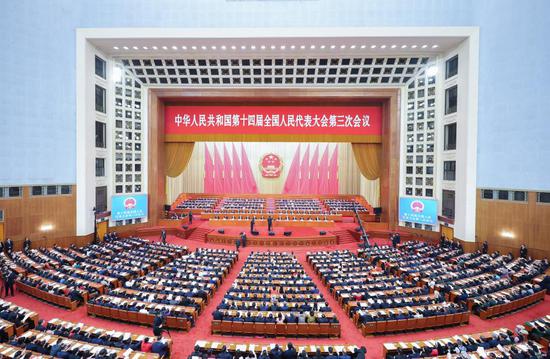



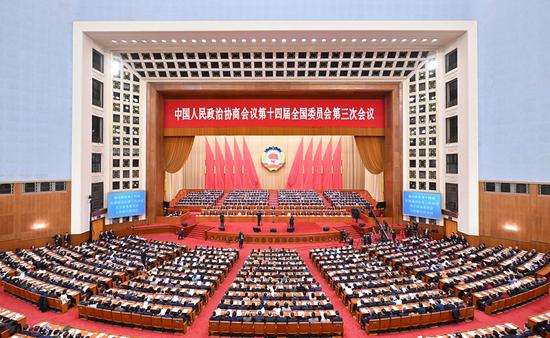






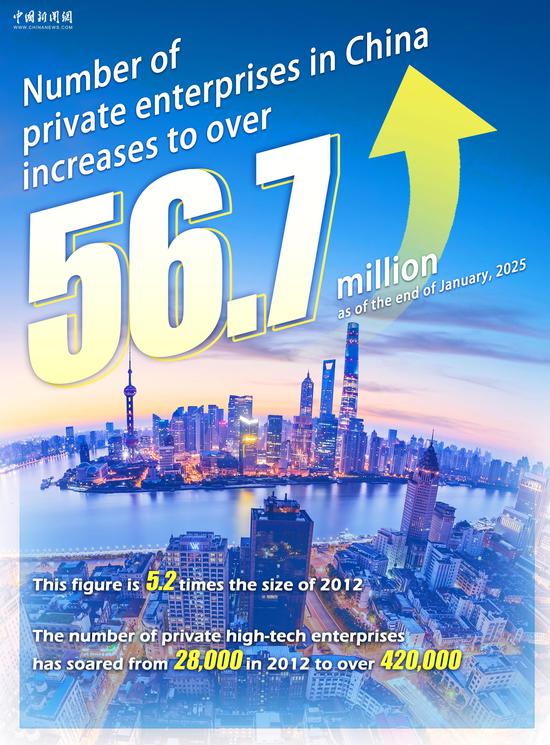



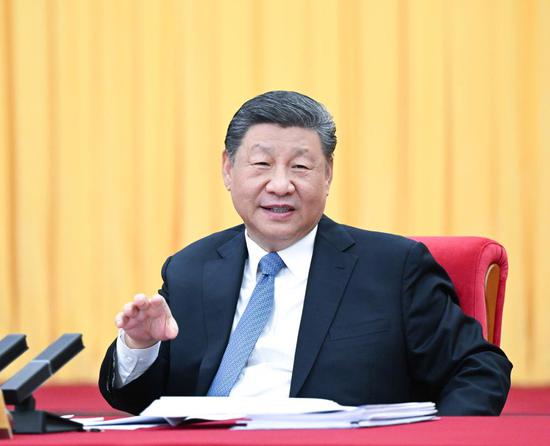
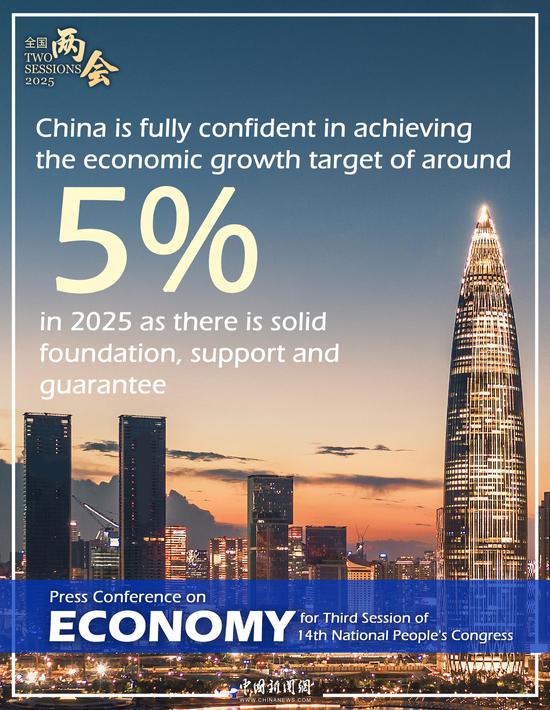



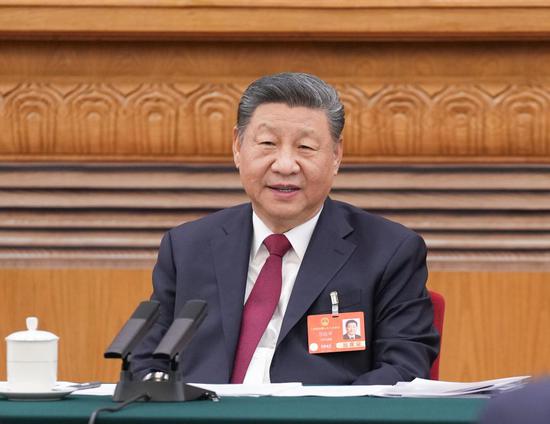

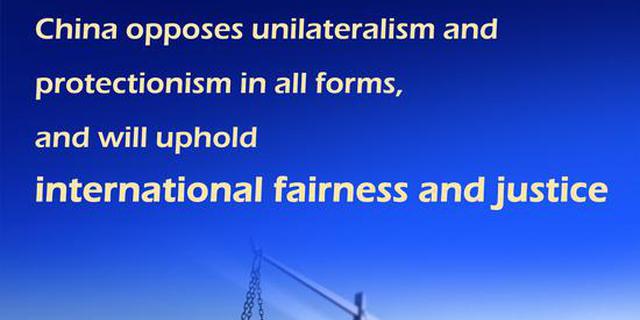
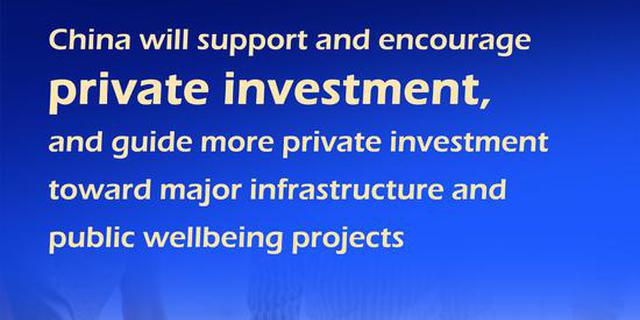




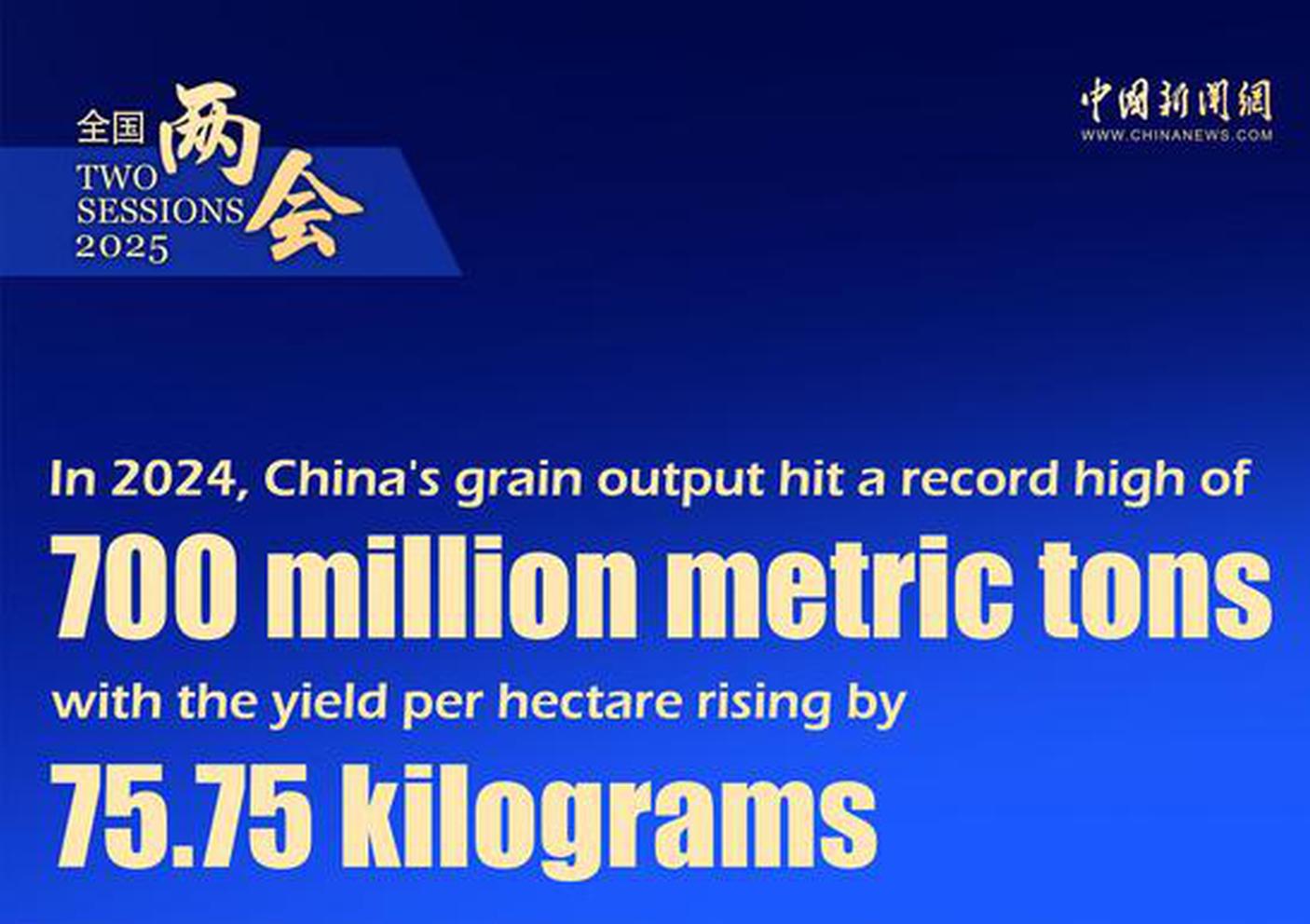
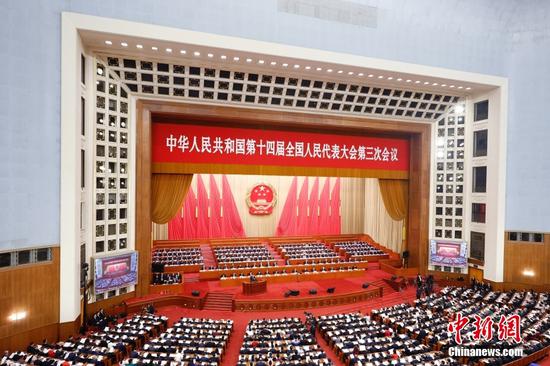
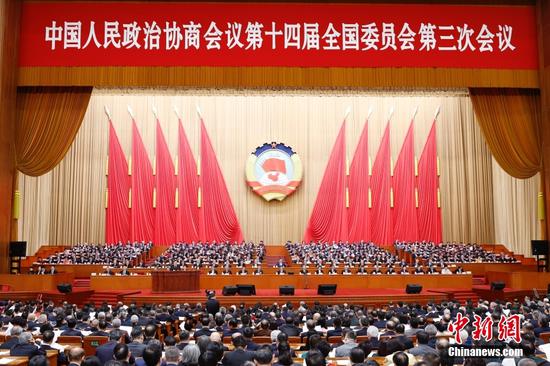
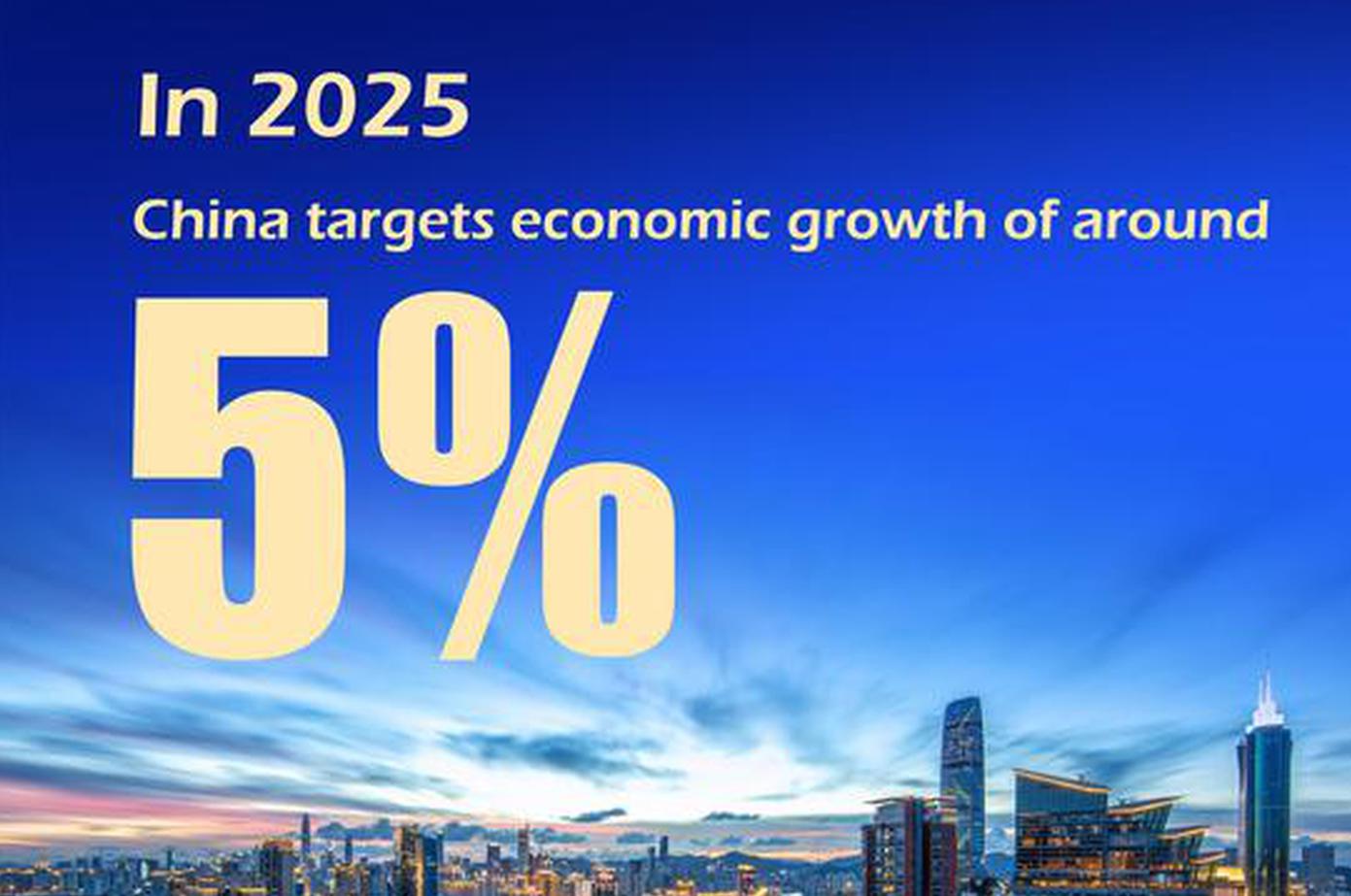




 京公网安备 11010202009201号
京公网安备 11010202009201号